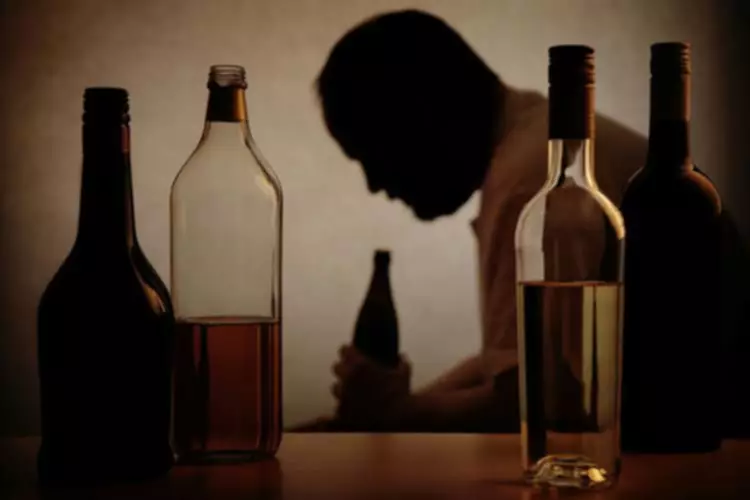Understanding Dry Drunk Signs, Symptoms, and Recovery Nashville, TN
- Sober living
- octubre 31, 2023

Dry drunk syndrome refers to the state in dry drunk syndrome which individuals have stopped drinking but continue to exhibit negative behaviors and thought patterns similar to those seen during active alcohol use. Although they have achieved physical sobriety, the emotional and mental challenges of addiction remain unresolved. Understanding dry drunk syndrome involves recognizing that quitting alcohol alone does not automatically lead to emotional or psychological healing. It requires ongoing effort and support to address the deeper issues that contributed to the addiction in the first place.
- Like other mental health challenges, dry drunk syndrome is best addressed through a combination of individual and group therapy, peer support, and behavioral and lifestyle changes.
- AddictionResource aims to present the most accurate, trustworthy, and up-to-date medical content to our readers.
- Developing healthy routines and making connections with other sober people might also be beneficial.
- They can also help craft a comprehensive treatment plan tailored to the individual’s needs, ensuring that the approach is holistic and addresses both physical and mental health aspects of recovery.
Dry Drunk Syndrome During First Year of Recovery

That disconnect leaves you feeling isolated, even if surrounded by people. PAWS symptoms are reasonably common among people recovering from AUD. If a person has concerns about their PAWS symptoms, they can try using various methods to manage them.
What are Co-Occurring Disorders?
- Therapy, counseling, support groups, medication-assisted treatment, and lifestyle changes are commonly utilized to help individuals manage symptoms and achieve sustained recovery from addiction.
- When you do self-care activities often, it can help lower your stress and make your mental health better.
- Crystal Raypole has previously worked as a writer and editor for GoodTherapy.
- Since they are accustomed to the conduct, loved ones might not notice the symptoms.
These symptoms can be a normal part of the recovery process from AUD. Dry drunk syndrome is a term that AA developed to describe a person who no longer drinks alcohol but experiences the same issues or acts in the same way as when they were Alcohol Use Disorder drinking. A person with AUD is unable to stop drinking alcohol, despite the effects it has on their life. Crystal Raypole has previously worked as a writer and editor for GoodTherapy. Her fields of interest include Asian languages and literature, Japanese translation, cooking, natural sciences, sex positivity, and mental health.
Physical Signs Of Alcohol Post Acute Withdrawal
You might need to seek help from a 12-step program or support group. Developing healthy routines and making connections with other sober people might also be beneficial. Addiction Resource is an educational platform for sharing and disseminating information about addiction and substance abuse recovery centers. Addiction Resource is not a healthcare provider, nor does it claim to offer sound medical advice to anyone. Addiction Resource does not favor or support any specific recovery center, nor do we claim to ensure the quality, validity, or effectiveness of any particular treatment center. No one should assume the information provided on Addiction Resource as authoritative and should always defer to the advice and care provided by a medical doctor.

When you do self-care activities often, it can help lower your stress and make your mental health better. Activities like working out, sleeping well, and meditating are all great ways to keep you balanced and in charge of your feelings. The emotional rollercoaster of dry drunk syndrome can take a serious toll on your relationships. When you’re struggling to control your emotions or make real progress, it’s hard for those around you—whether friends, family, or coworkers—to really connect.
A relapse is when someone has stopped drinking and starts drinking again. However, struggling with protracted withdrawal or dry drunk syndrome symptoms can be an added struggle to staying sober. If you are struggling with extended withdrawal symptoms, you should reach out to your healthcare provider for extra support and treatment referrals.
